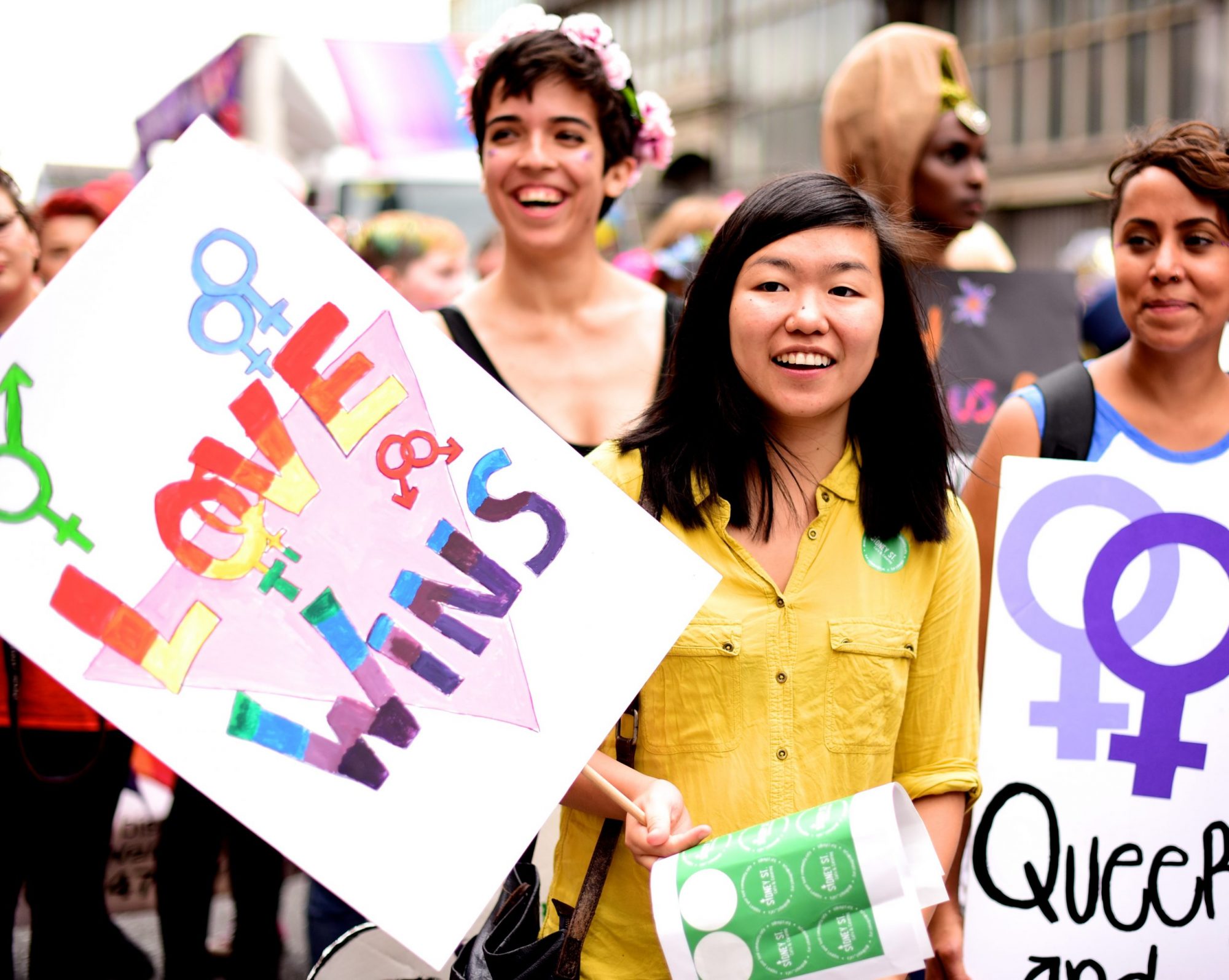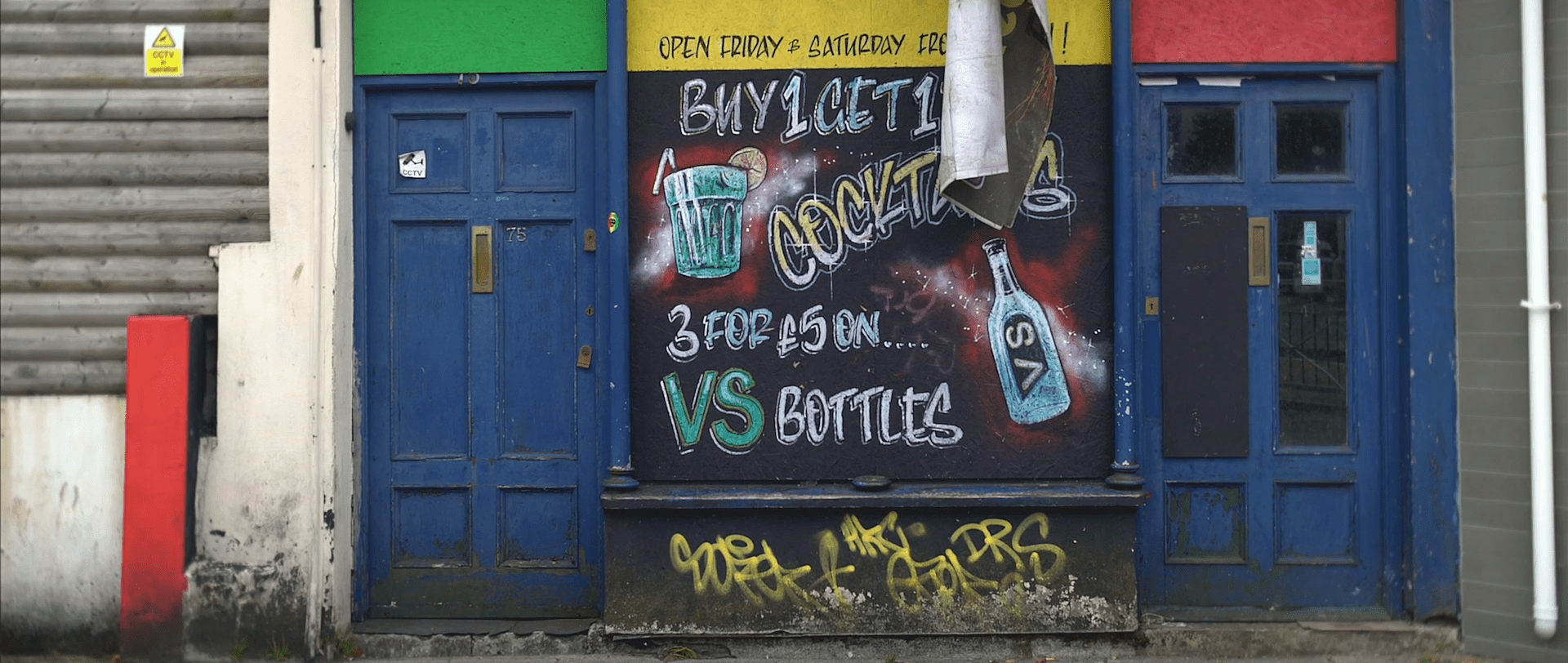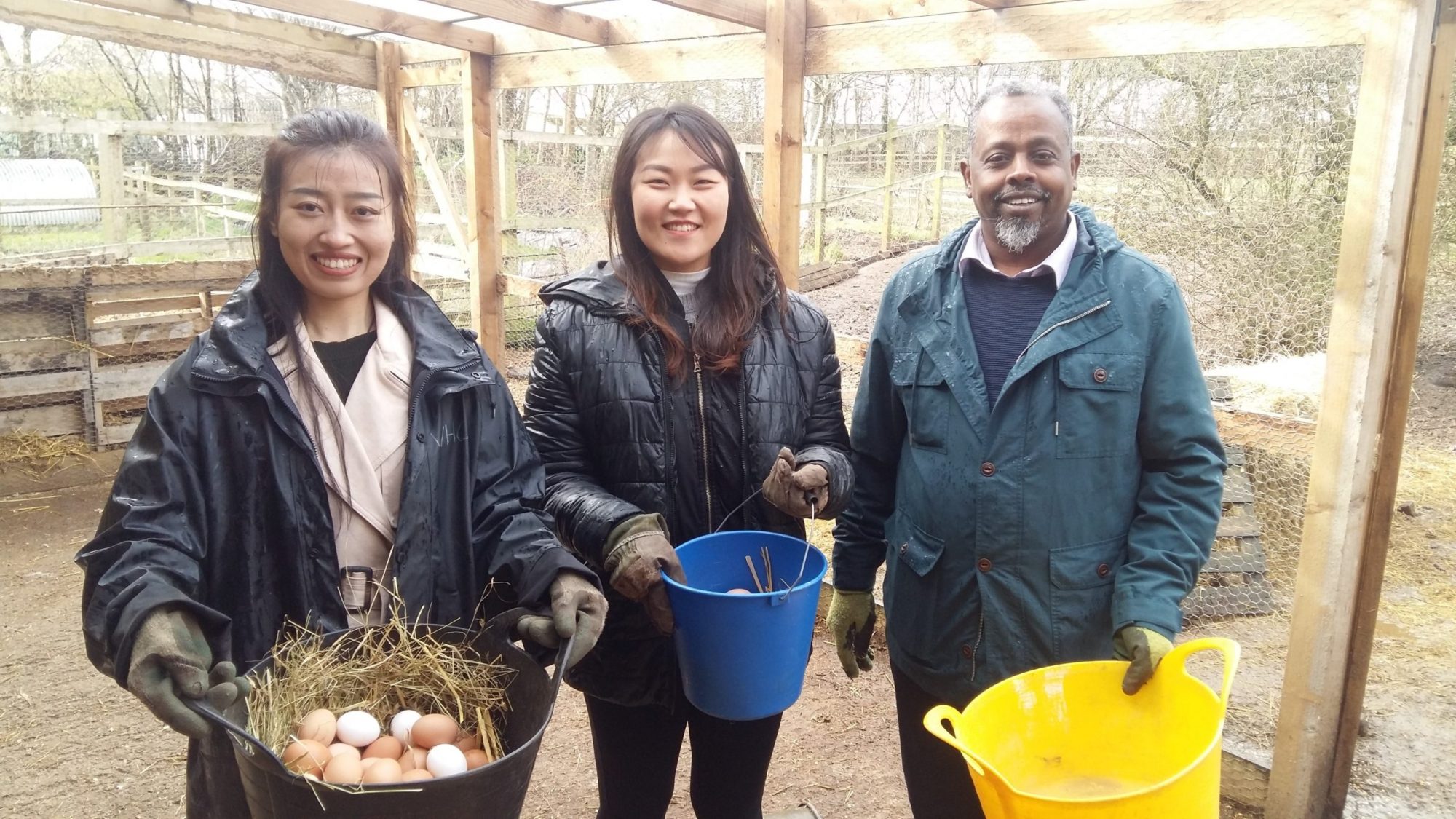Originally set up in 1970 by LGBT+ residents and their relatives and friends, the Proud Trust’s centre in Manchester acted as a safe local meeting space for the gay community. Through petitions and growing local interest, they managed to acquire a larger space from the council to house and encourage community activities, and set up the first purpose-built LGBTQ+ centre in Europe, and one of only four in the UK.
When faced with closure in 2010, some of the centre’s volunteers dressed as undertakers in Manchester’s Pride parade which led to a ‘Save the Centre’ campaign. They successfully managed to save it, and reopen it with the addition of the 30-seat Sidney Street community café, which now employs three people and is open five days a week.
Now the Proud Trust is building a new centre on their existing site, funded by the National Lottery Community Fund, which will increase their activity spaces and double the size of their café. The £148,771 grant from Power to Change’s Community Business Fund will help them fit out the new kitchen and grow the café’s capacity so it can increase its income. The profit will be reinvested into paying staff to extend opening hours and open on weekends, and run an alcohol-free bar during cultural events.
Attracting a mix of LGBTQ+ and binary people, The Proud Trust provides a vital space in which residents and LGBT+ communities can come together, learn from each other and engage in cultural activities benefitting the whole community. The hub’s Sidney Street community café, run by and for the community, encourages volunteering and work schemes, helping people into work and allowing people to broaden their skill sets.
The centre has a direct social impact, visible in the help and support they show residents who wish to set up their own businesses and support groups. They hope to see over 500 people in volunteering positions once the expansion of the centre is accomplished, as well as starting further community activity groups and cultural learning programmes.
Community-led
Six times a year the community come together to discuss how they would like the centre to be run alongside an annual survey encouraging residents to get involved and have their say on changes they would like to see. The board of volunteer trustees encompasses the diverse community the centre serves with all ages and identities reflected. Lots of the groups that run from the centre are community volunteer-led, including asylum-seeker support, Alcoholics Anonymous and BME group Rainbow Noir. These groups all have voting rights at the Centre User Group meetings quarterly, where they develop our business plans. They have over 800 members who are young people.
The Proud Trust has also been consulting their community throughout the design process for the new building, such as skylights and anti-vandalism windows for the café.



